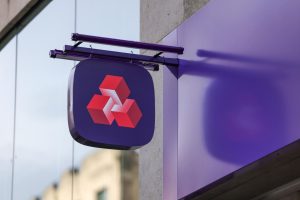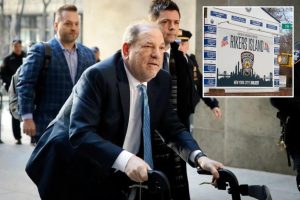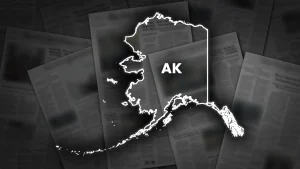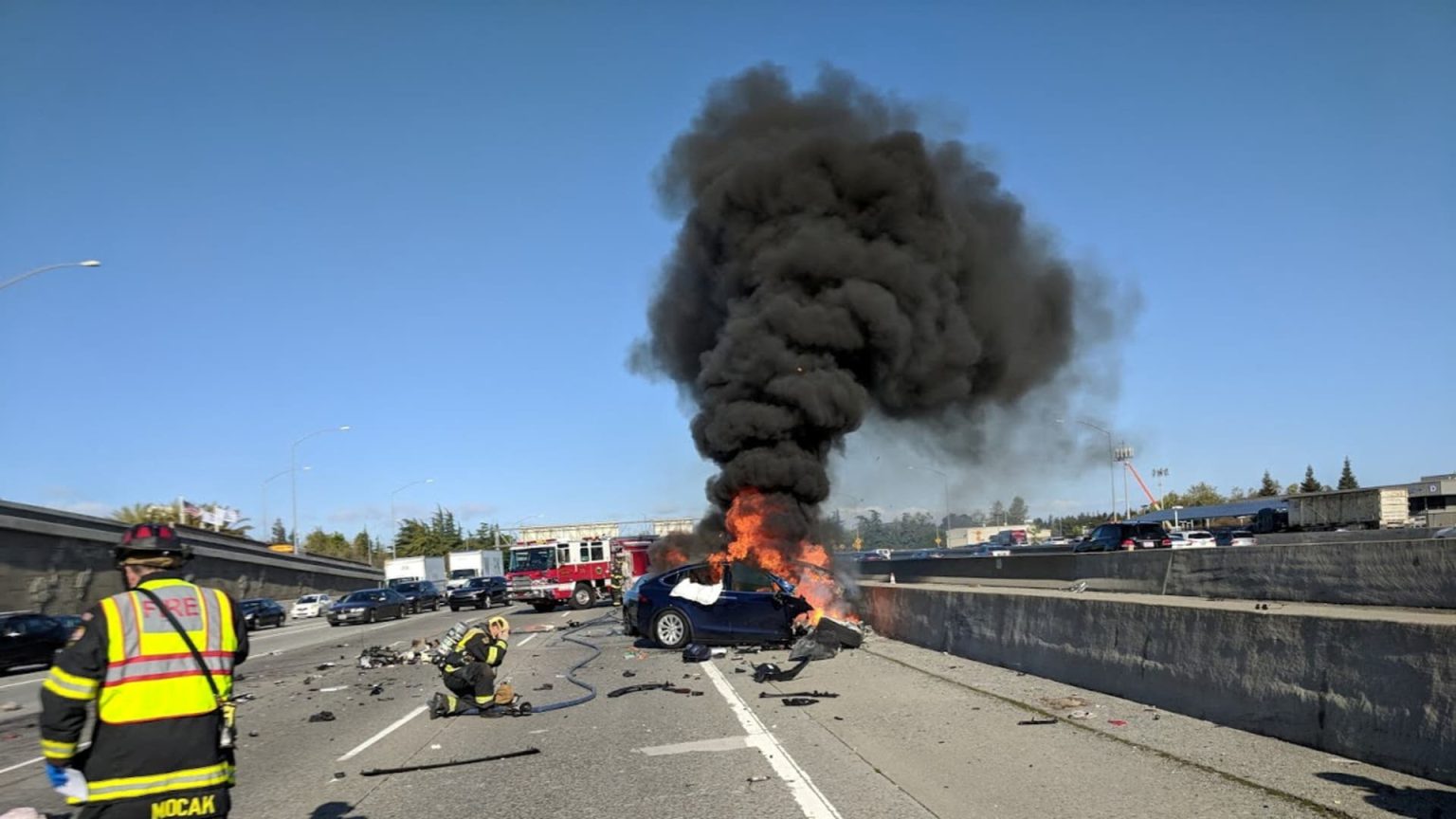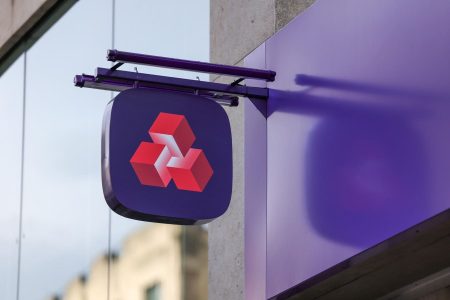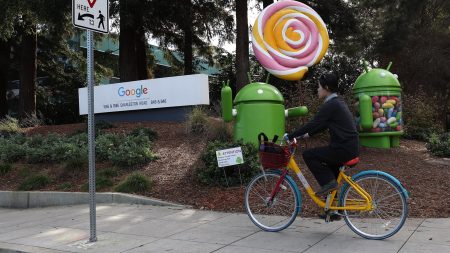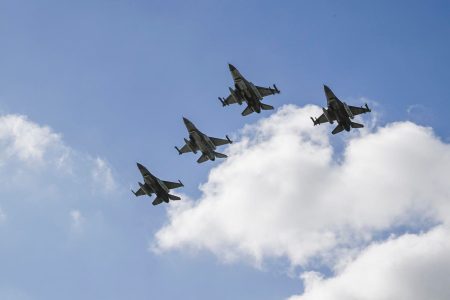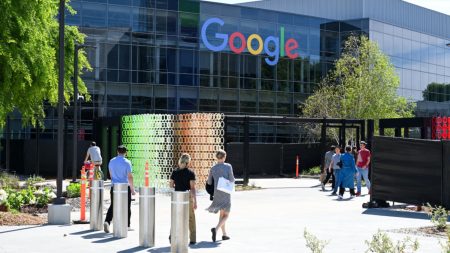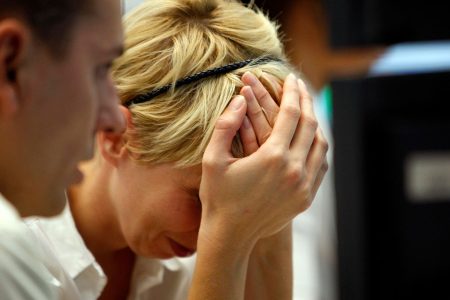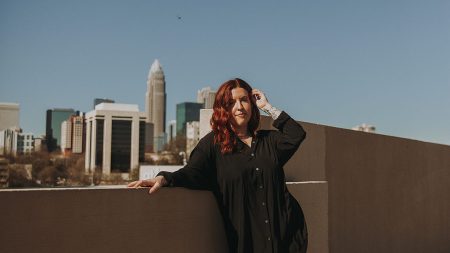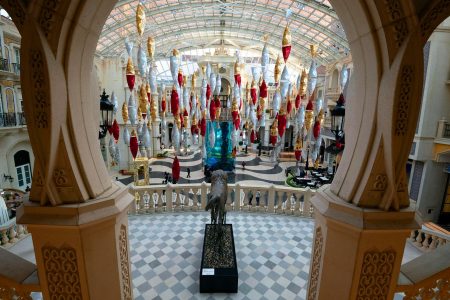A recent report from the National Highway Traffic Safety Administration (NHTSA) revealed that a “critical safety gap” in Tesla’s Autopilot system has contributed to at least 467 collisions, 13 of which resulted in fatalities, and many others resulting in serious injuries. The agency’s analysis of 956 crashes involving Tesla Autopilot found that the system did not sufficiently ensure driver attention and appropriate use, leading to foreseeable misuse and avoidable crashes. The NHTSA also announced a new probe into the effectiveness of a software update issued by Tesla in December as part of a recall, aimed at fixing Autopilot defects identified in the investigation.
The voluntary recall via an over-the-air software update covered 2 million Tesla vehicles in the U.S., with the intention of improving driver monitoring systems in Teslas equipped with Autopilot. However, the NHTSA suggested that the software update may have been inadequate, as more crashes linked to Autopilot continue to be reported. For example, a recent incident in Washington involved a Tesla driver using Autopilot at the time of a collision that resulted in a fatality. These findings are part of a series of reports questioning Tesla’s Autopilot safety, despite the company promoting it as a key differentiator in the market.
In response to the NHTSA report, Senators Edward J. Markey and Richard Blumenthal called on federal regulators to require Tesla to restrict its Autopilot feature to specific roads where it was designed to operate safely. Tesla’s Owner’s Manual website already warns drivers not to use the Autosteer function of Autopilot in areas with bicyclists or pedestrians present, among other safety precautions. The company has not issued a response to the NHTSA report, and its CEO Elon Musk has indicated that the company’s future is heavily reliant on autonomous driving technology.
Elon Musk has long promised that Tesla would deliver self-driving capabilities through software updates, but the company currently offers only driver assistance systems and has not produced fully self-driving vehicles. Musk’s safety claims about Tesla’s driver assistance systems have been called into question, with critics accusing the company of “autonowashing” its marketing claims. Automotive safety researcher Philip Koopman, an associate professor of computer engineering, hopes that Tesla will take the NHTSA’s concerns seriously and implement measures to address the safety gaps in Autopilot technology.
Tesla recently settled a lawsuit with the family of a victim who died in a crash involving a Tesla Model X with Autopilot features, and the terms of the settlement have been sealed from public view. Despite these legal challenges, Tesla remains focused on autonomous driving technology, with Musk declaring that those who doubt the company’s ability to solve autonomy should not be investors. However, third-party review of Tesla’s safety data has not been allowed, raising concerns about the accuracy of the company’s claims regarding the safety and effectiveness of its driver assistance systems.
